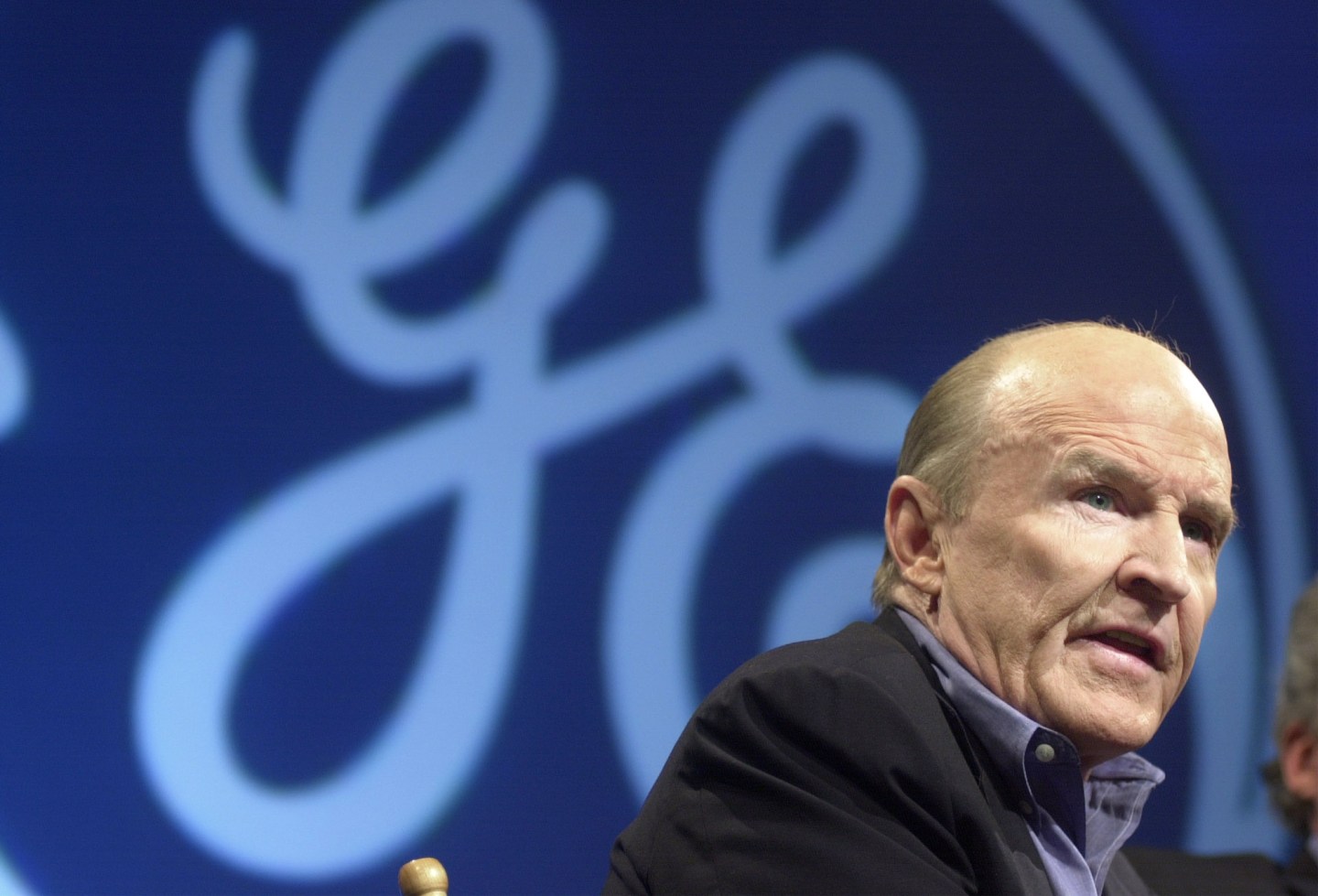This essay originally published in the Sunday, March 16, 2025 edition of the Fortune Archives newsletter.
Former GE CEO Jack Welch, once revered as a management icon, now has a deeply polarizing legacy.
As Fortune’s Betsy Morris noted in a 2006 piece unpacking why Welch’s rules for winning don’t work anymore, the late CEO prioritized stock price growth and financial engineering over sustainable innovation, championed mass layoffs that eroded employee morale, and fostered a cutthroat culture centered on shareholder primacy—a philosophy that was being increasingly replaced by the more expansive view of businesses’ responsibility known as “stakeholder capitalism.”
Yet, as the adage goes, what’s old becomes new again. Today, Welch’s management principles—efficiency, bureaucracy-cutting, and a relentless focus on high performance—are resurging as businesses navigate economic uncertainty, geopolitical instability, and industry-wide technological disruption.
This approach isn’t confined to the private sector. The Elon Musk–led Department of Government Efficiency has embraced a scorched-earth strategy within the U.S. government, carrying out mass layoffs, terminating contracts, and dismantling entire agencies in what it claims is an effort to eliminate waste and inefficiency.
Similarly, many CEOs are making rapid workforce reductions to boost margins, even in profitable companies. Tech giants such as Meta, Amazon, and Google have conducted mass layoffs in pursuit of leaner operations. Forced rankings, a controversial Welch-era practice that eliminates the bottom 10% of employees, have been revived at firms including Google and Goldman Sachs. Meanwhile, Welch’s “do more with less” philosophy is reflected in today’s corporate obsession with automation, AI-driven efficiencies, and restructuring efforts that prioritize process optimization over headcount expansion.
Perhaps the clearest embodiment of this Welchian stance is Musk himself, who slashed Twitter’s workforce by more than 70% after acquiring the company in 2022. He has also abruptly and publicly dismissed executives and employees he deems underperforming—a modern echo of Welch’s tough, no-nonsense leadership.
Welch’s approach may have something useful to teach today’s managers. However, as Morris cautioned in 2006, those principles were designed to solve the challenges of his era, not today’s. “The risk we now face is applying old solutions to new problems,” she wrote. For those trying to channel Welch’s hard-edged leadership style today, the challenge is not to revive the past, but to adapt past playbooks to fit the complexities of today’s business realities.












